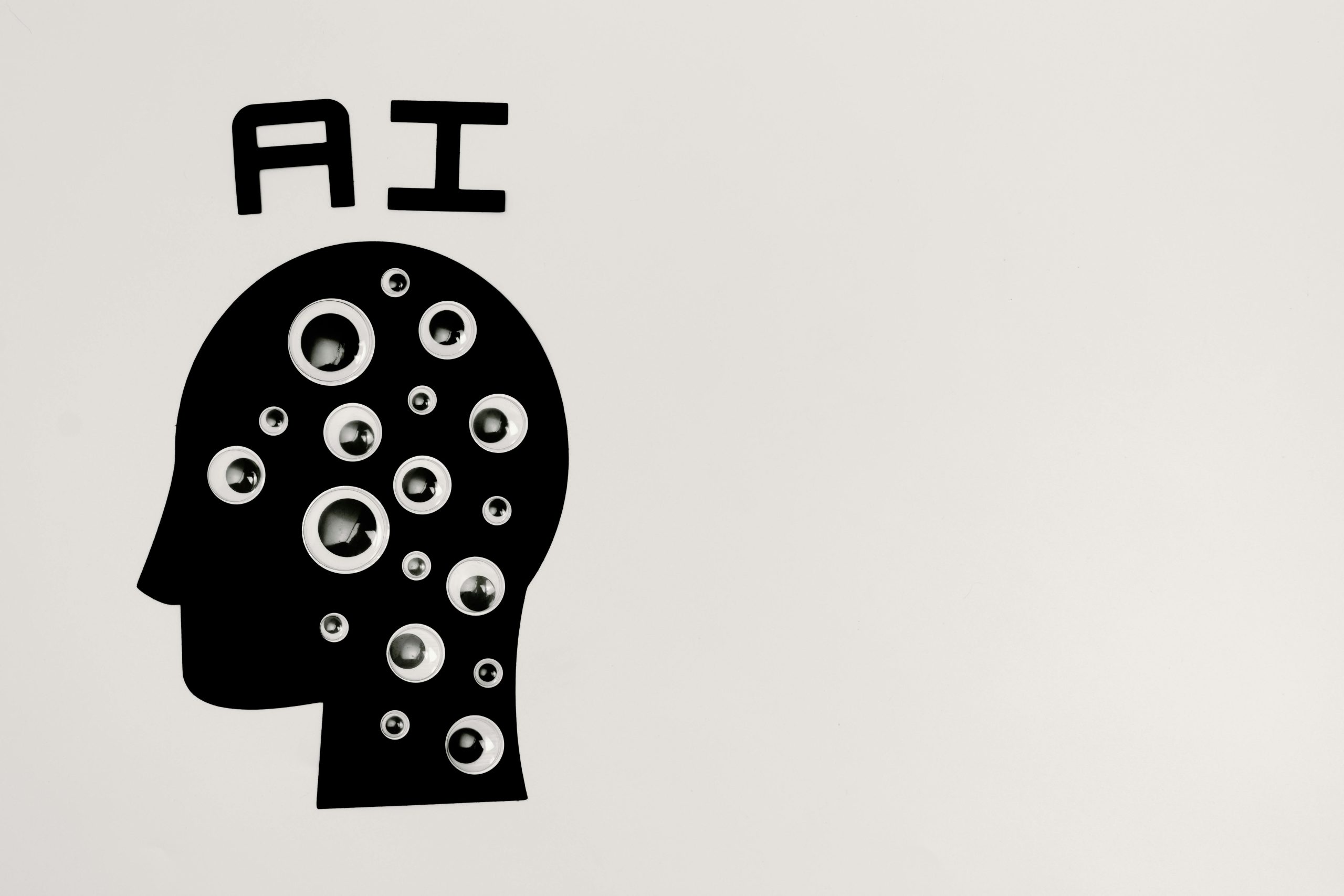We will have Artificial Universal Intelligence (AUI) by 2030.
The Future of Technology: Achieving Artificial Universal Intelligence and the End of Incremental Development by 2030
As we look ahead to the next decade, many experts predict the emergence of a groundbreaking milestone in artificial intelligence: Artificial Universal Intelligence (AUI). Expected to materialize by 2030, AUI represents the pinnacle of AI development—an intelligence system capable of performing any task flawlessly and solving any problem with unwavering accuracy.
The Significance of Artificial Universal Intelligence
AUI is envisioned as an AI that surpasses current capabilities, embodying the ultimate generality and precision. Unlike today’s specialized AI, which excels only within narrow domains and occasionally falters, AUI will operate seamlessly across all fields and challenges, fundamentally redefining the technological landscape.
The Concept of End-State Technologies
By 2030, many emerging technologies are predicted to reach their end state—the point at which further improvements become unnecessary. Once these technologies arrive at their optimal form, they will perform at their maximum potential, transforming industries and daily life.
Key End-State Technologies on the Horizon
Virtual and Augmented Reality Devices
Currently in development, VR and AR glasses will reach their practical peak once they function flawlessly, providing immersive experiences indistinguishable from reality. To fully realize their potential, they will integrate AUI for generating real-time overlays, information, and seamless video feeds, enriching user interaction without hardware limitations.
Electric Vehicles
Electric cars are rapidly gaining popularity, but by 2030 they will be fully optimized. These vehicles will outperform traditional fuel-powered cars in efficiency, affordability, and environmental impact, becoming the preferred mode of transportation worldwide.
Autonomous Vehicles
Self-driving cars are already surpassing human drivers in safety metrics. However, complete societal acceptance hinges on achieving zero accidents and flawless operation—an end state that autonomous vehicle technology aspires to reach by 2030.
Solar Power
While solar energy deployment is accelerating, its efficiency and cost-effectiveness will reach peak levels by 2030. At that point, solar power will be capable of satisfying all global energy demands, replacing fossil fuels and reducing carbon footprints.
Flying Cars and VTOL Vehicles
Vertical Takeoff and Landing (VTOL) electric autonomous vehicles, often dubbed flying cars, are under development. These futuristic transportation options will only become viable and widespread once battery technology and autonomous flight systems reach their end states.
The Ultimate End-State: Artificial Universal Intelligence
Perhaps most














Post Comment